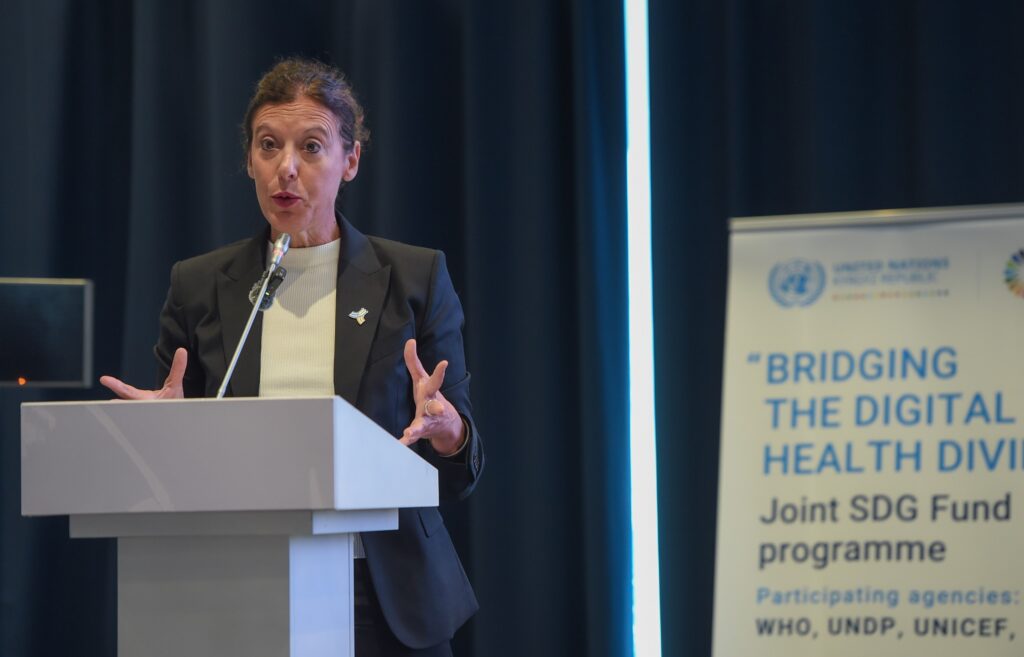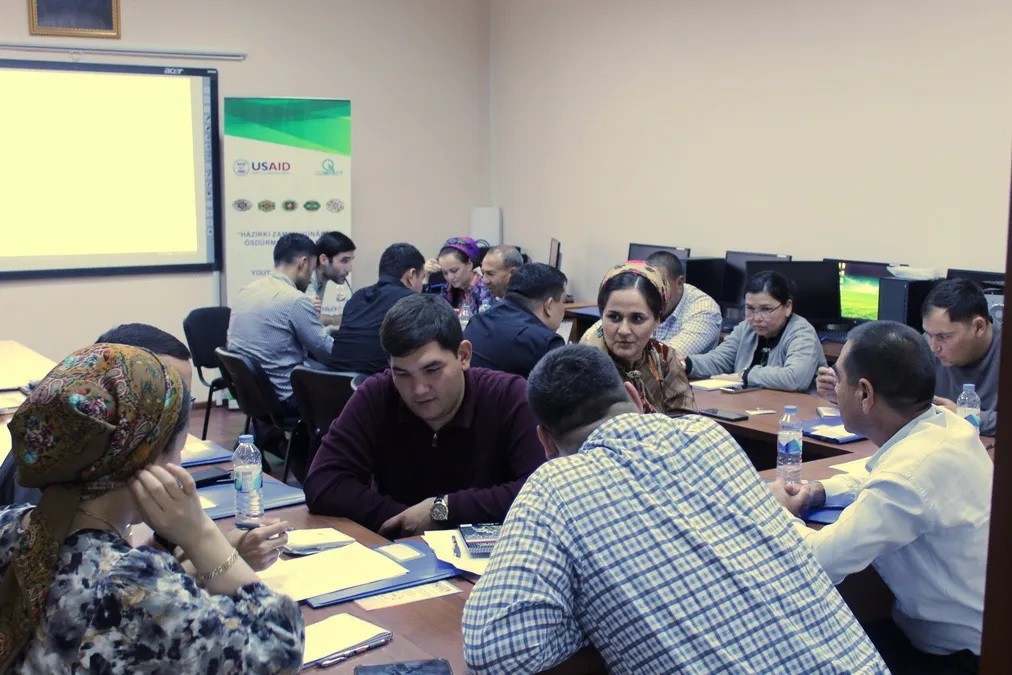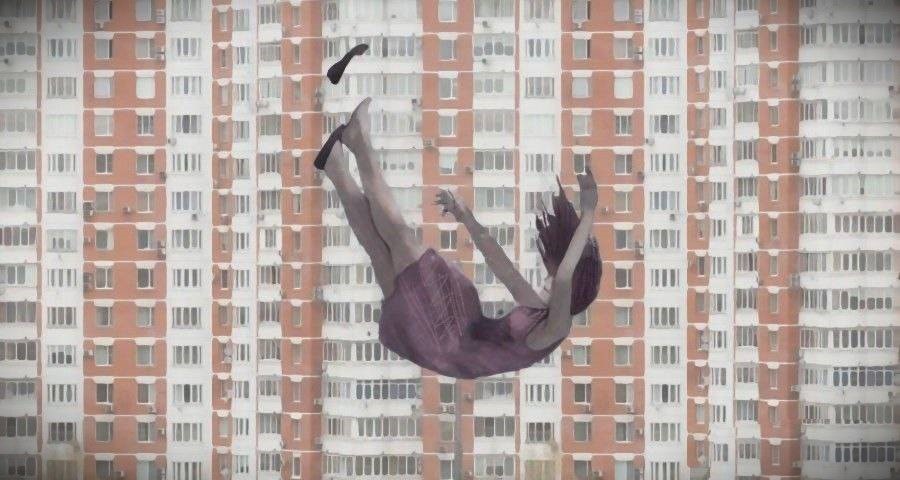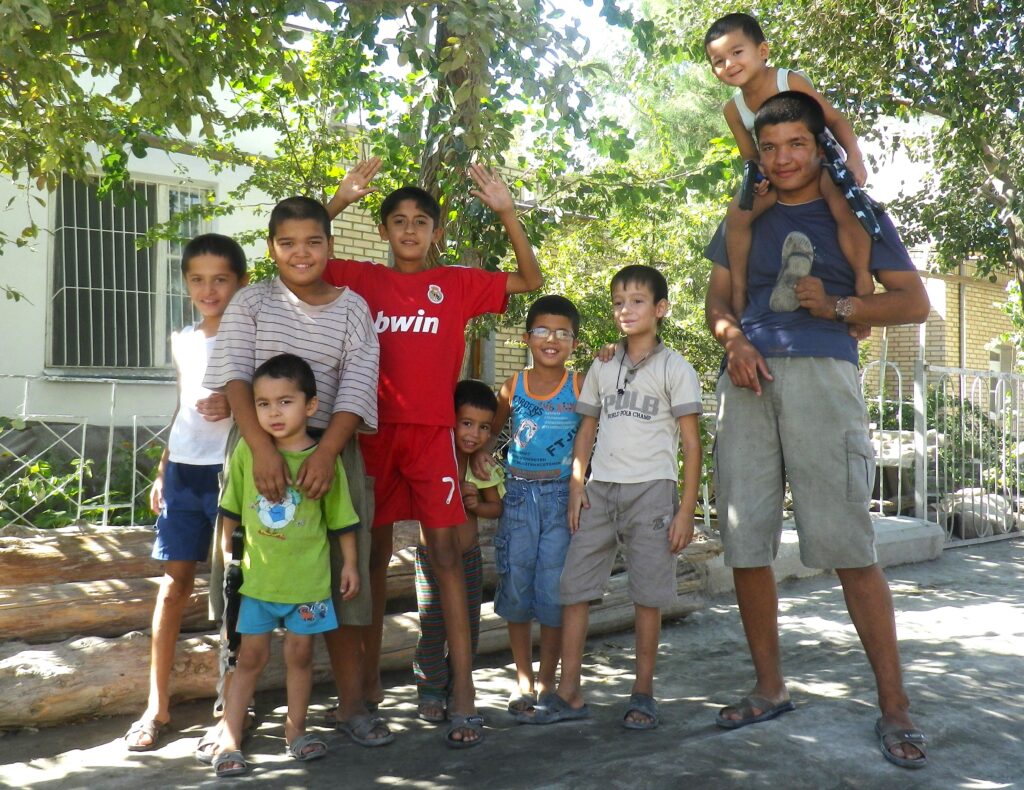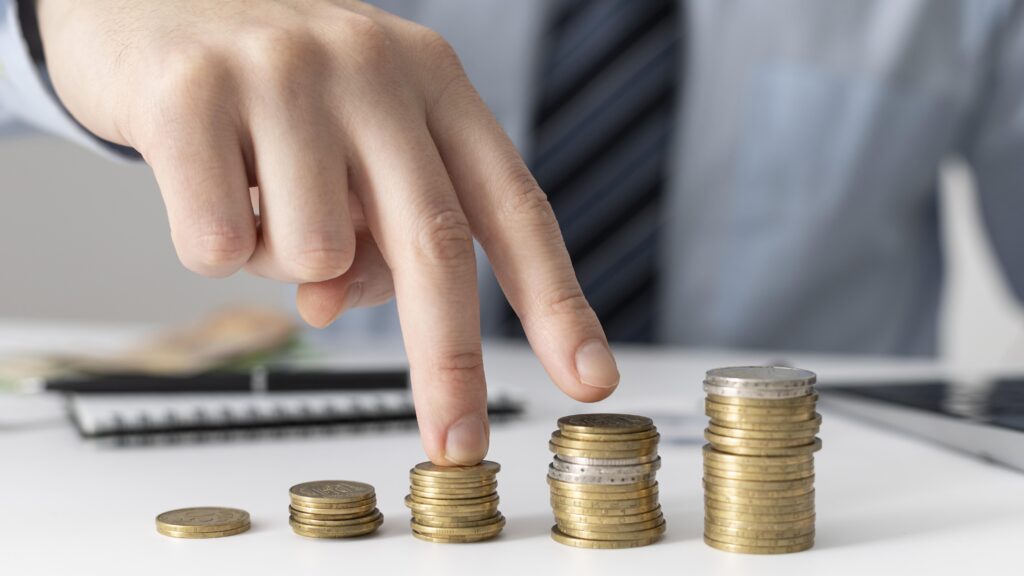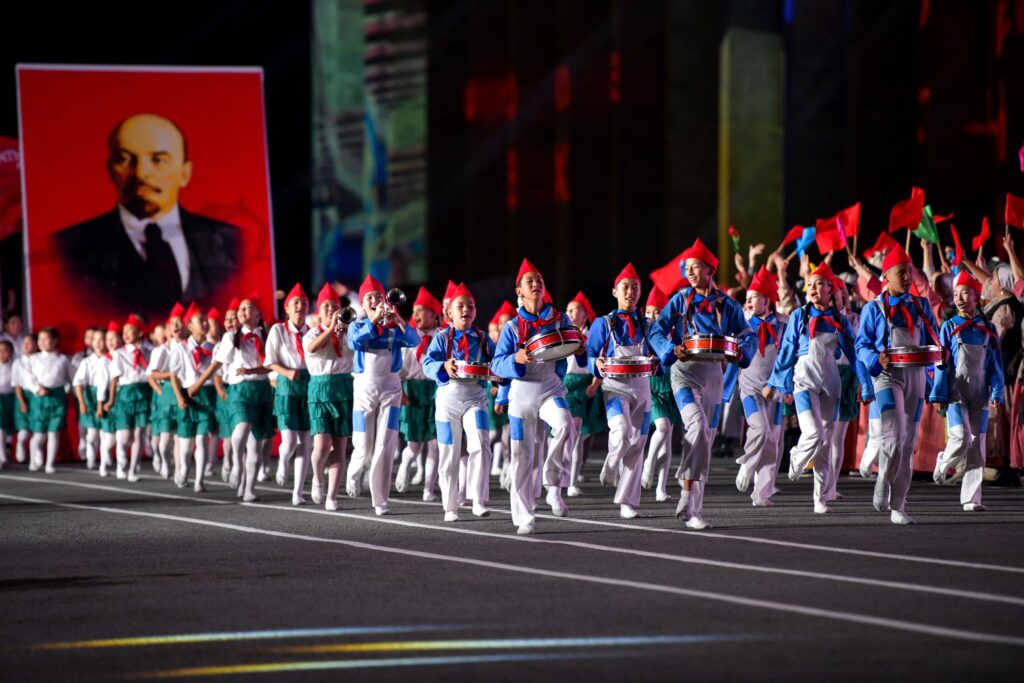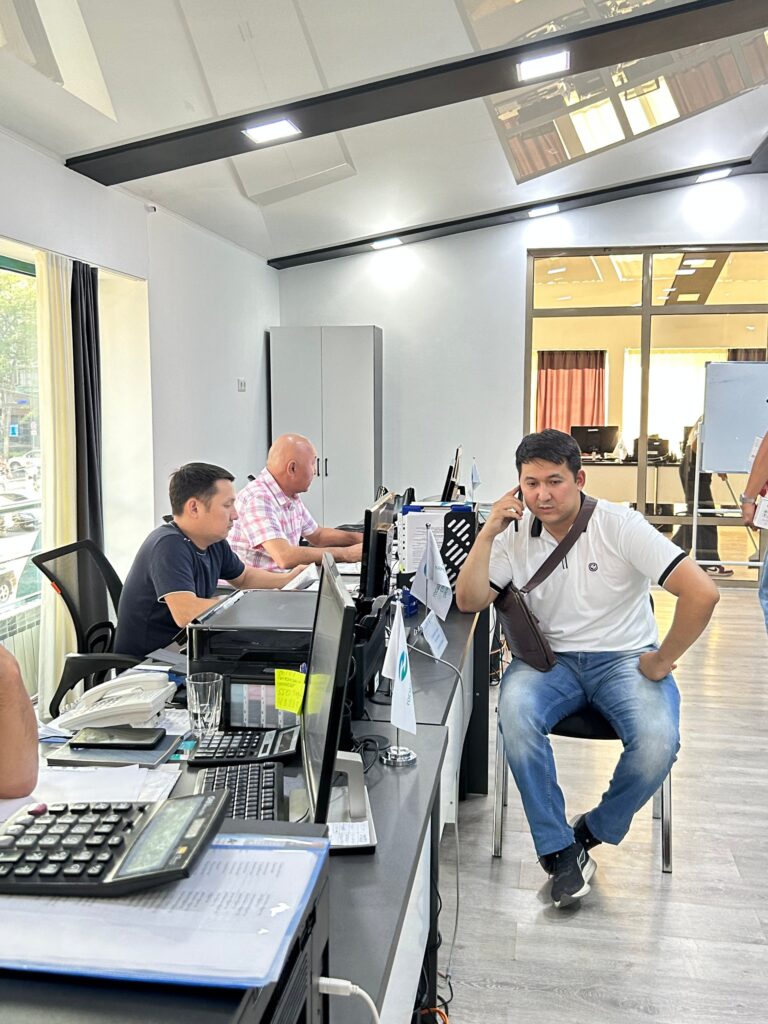Over the past six years the volume of seized synthetic drugs in Kazakhstan has almost doubled, Finprom.kz reports. In 2023 law enforcement agencies in Kazakhstan interdicted and confiscated 41.1 tons of illicit substances, up from 20.3 tons in 2018.
In 2023 the number of drug laboratories destroyed increased to 75 from 68, and Kazakhstani officials called the increase in the distribution of banned substances an outbreak of drug trafficking. Because of the increase in drug usage, the Ministry of Internal Affairs has said that new types of synthetics will be included in the national list of narcotic drugs before they are brought into Kazakhstan. As soon as the drugs are on the national list, they’ll immediately be registered on Eurasian Economic Union (EAEU) and UN International Committee lists. Until 2019 in Kazakhstan, the procedure for inclusion of new drugs in the national list took about a year — now it takes no more than a month.
Over the past few years in Kazakhstan, the volume of seizures of all sorts of so-called “salts,” “ecstasy” and various synthetic cannabinoids has increased 143.4 times — rising to 1.1 tons from 7.7 kilograms. At the same time, the share of synthetics out of the total number of confiscated drugs in 2023 was insignificant, at 2.7 percent. It’s difficult to obtain accurate data on the market volume of modern illicit substances — often because new types of drugs are distributed mainly among young people through messenger apps and crypto-wallets, with the use of bots for publishing advertisements. According to the Interior Ministry, more than 3,000 different drug-dealing sites and 1,300 online stores on encrypted messaging app Telegram were blocked by Kazakhstan last year. Finprom.kz analysts report that they themselves managed to independently find several such channels operating in the country.
At the end of 2023, Kazakhstani Interior Minister Yerzhan Sadenov named some of the main barriers in the fight against the spread of synthetic drugs. He said the issue is complicated by the fact that the drugs are made in clandestine labs in the country from substances that are not considered illegal in Kazakhstan — and can only legally be brought to the attention of police after they are used to make a drug. Last year the Ministry of Internal Affairs seized more than 100 tons of these ingredients — which could have turned into eight tons of finished drugs. Therefore, the Ministry of Internal Affairs proposes increasing criminal liability for trafficking in precursor chemicals. Today the country punishes only the smuggling of these substances.
According to the Prosecutor General’s Office of Kazakhstan, last year drug crime in the country increased by 9%. In 2023, 7,500 drug crimes and criminal offenses were recorded. The police detained about 4,500 people, including minors, on suspicion of distribution, manufacture or sale of illegal substances.

